On December 30, 2009 the Prime Minister of RF Vladimir Putin approved the Concept of state policy to reduce the abuse of alcoholic beverages and to prevent alcohol abuse among population of the Russian Federation for the period up to 2020, that was published on January 13, 2010 (Government Decree № 2128 -r. The full text is available on the website of the Barley, Malt and Beer Union in the category “Laws”). In accordance with the Concept, the state expects to reduce the consumption of alcoholic beverages in the country more than doubled in ten years and to attain complete disappearance of illegal alcohol market: “In the first phase (2010-2012): reduction of alcohol consumption per capita by 15%. In the second phase (2013-2020 years): elimination of illegal alcohol market and reduction of alcohol consumption per capita by 55%”.
In the opinion of the Government, to achieve the desired results it is necessary to implement a set of different restrictions. Among them: criminalization of repeated violations in the sphere of alcohol production and sale, sharp restrictions on advertising of alcoholic products and introduction of pricing policy implying dependence of retail price of an alcoholic beverage on content of ethyl alcohol in the drink, equating beer to alcohol products, limitation of the places of use and sale and the time of sales, etc.
In general, we support the Government policy to limit the production of alcoholic beverages, to reduce the share of counterfeit and the overall level of alcohol consumption in the country, but it should be noted that stringent regulatory control has for a number of negative consequences.
With no possibility to adequately assess the actions of the Government in relation to other types of alcoholic products, let us consider the effects of a package of restrictive measures in relation to the brewing industry.
A package of restrictions and limits regarding the brewing industry was the biggest, all of the proposed measures were at least similarly strict in relation to other types of alcoholic beverages, and at the outside much more severe (for example, three-fold increase in excise duties). The result was not long in coming: production and consumption of beer falls, the first breweries are closed, malting houses stand idle, agricultural producers having no idea what is happening leave for other more understandable and profitable crops. What does the future hold? Further implementation of restrictive measures in accordance with the Concept. To achieve reduction of strong alcohol consumption, it is enough just to remove counterfeit products from the market and leave only legal manufacturers. It is difficult, but quite possible. And the most important is that to achieve it legal production will not be stopped with plants closed and people dismissed. It is counterfeit what should “resign”.
With a decrease of production and consumption of beer products in half in 2020, we get a figure equivalent to 50 million hectoliters. Given the absence of counterfeit products market half of breweries and as a result malting plants will close, consumption of malting barley will reduce. Independent malt producers will suffer the most serious losses, as brewers’ own malting houses will allow them to 100% provide themselves with their own malt.
Tough? Unreal? It is quite real…
Unfortunately, the situation today does not leave reason for optimism. We need to work on to protect the interests of the industry, the interests of the entire production chain “malting barley – beer”. Only by combining efforts, we can achieve a result. Under today’s conditions Russky Solod, InBev, Malteurop, Heineken, the Union of Russian Brewers and the Barley, Malt and Beer Union can not be separated. Dear Colleagues do not forget that the volume of manufactured beer is a target indicator of the industry. If our beer is be half as much, then who will need our malt and who will need our barley?
The prospect of malting barley producers can be observed: switch to other crops or to work with our Union over the Beijing Program that will not let Russian malting barley die and that is also able to strengthen the position of Russian agricultural producers in markets of Shanghai Cooperation Organization (SCO). But the prospect of malt and beer producers looks quite obscure.
In our opinion one should not fight in blood for how much malt beer must contain, in which containers beer should be, etc. You may like it or not, but if there is no beer, there is nothing at all. And there is no need in malt, barley and hops…





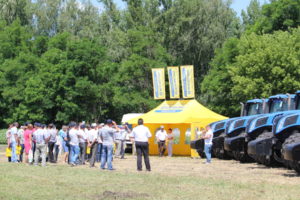
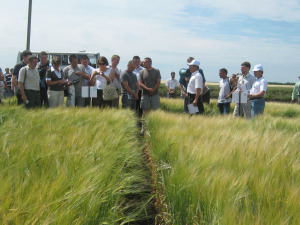
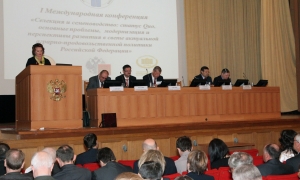
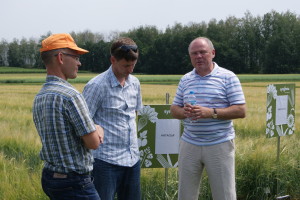


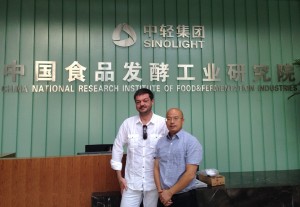
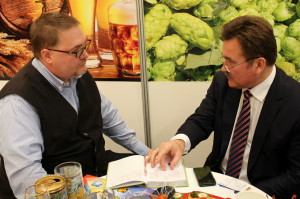
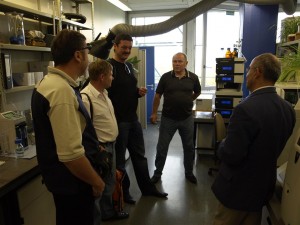
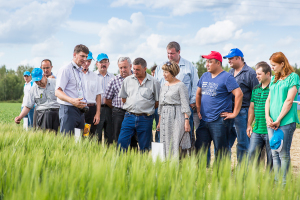
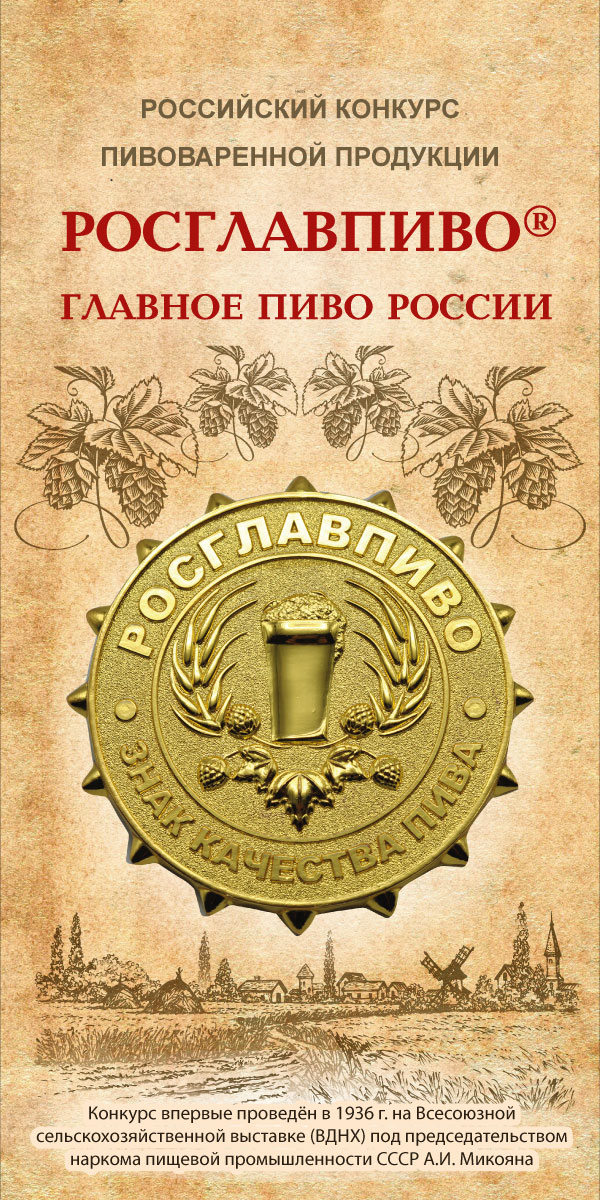
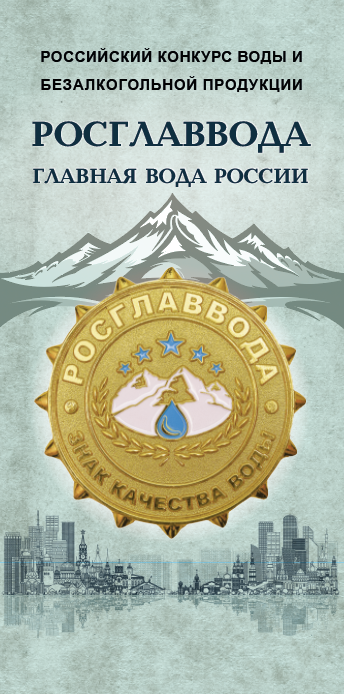
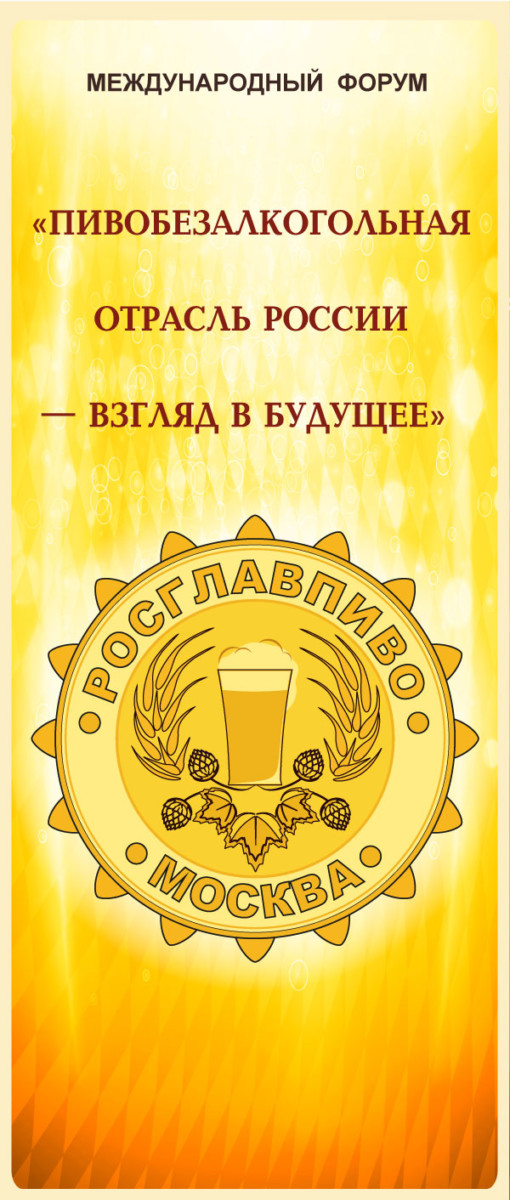
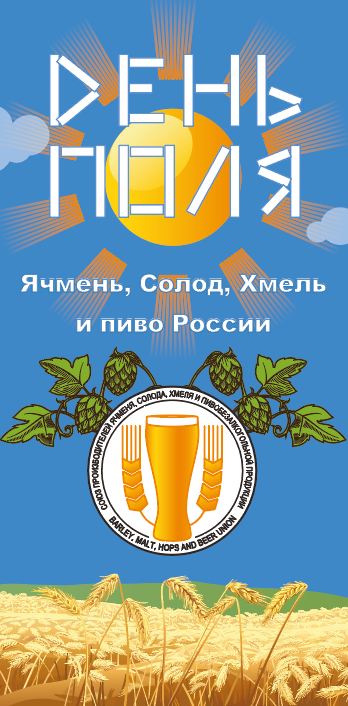
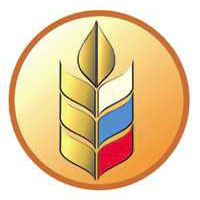
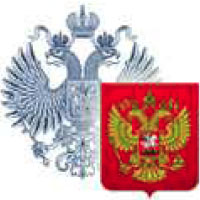
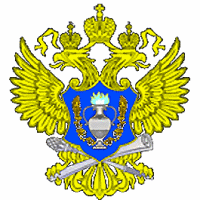
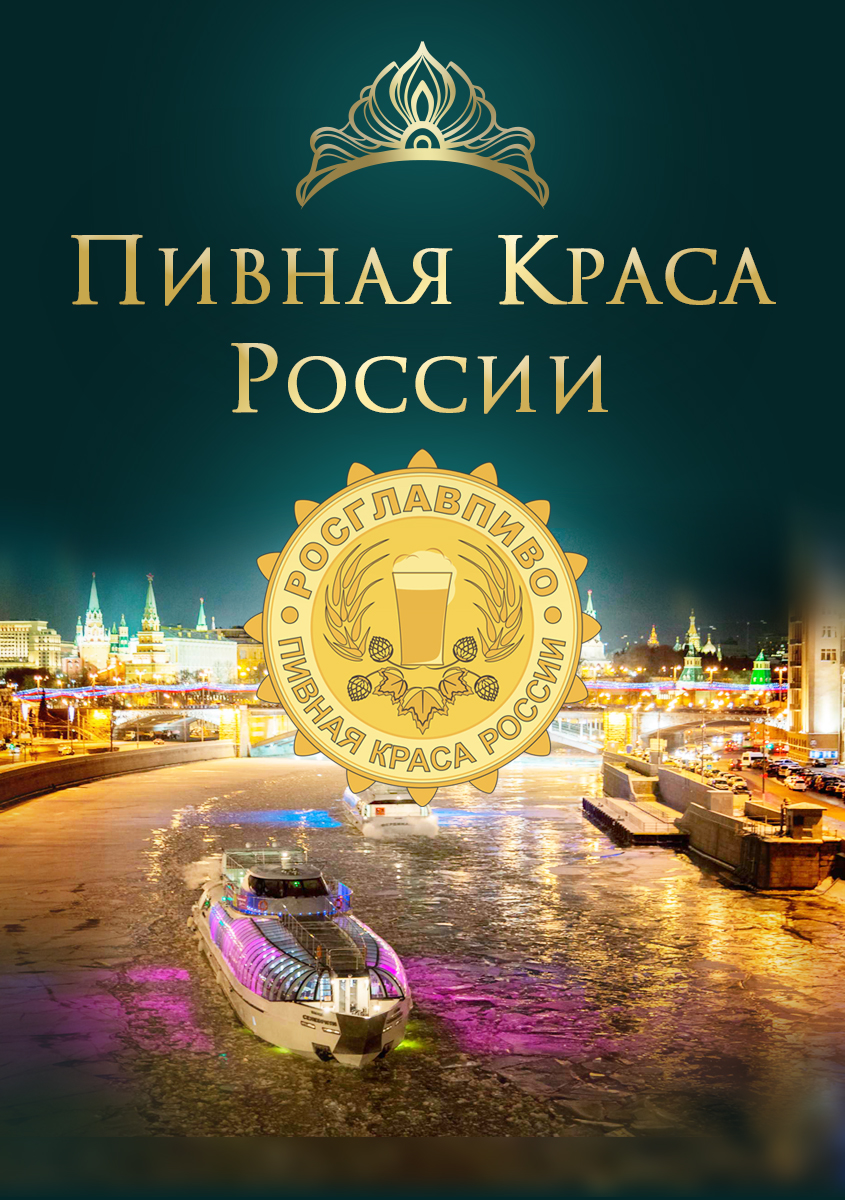


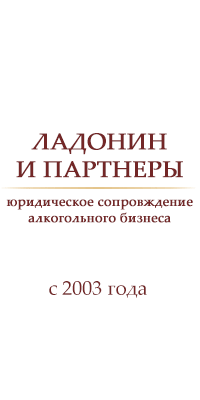

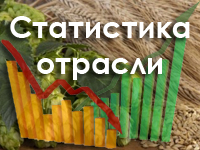
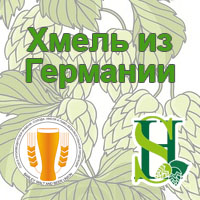



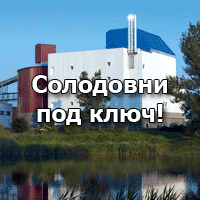
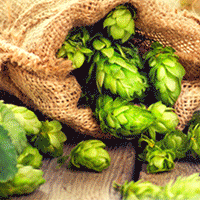



No comments